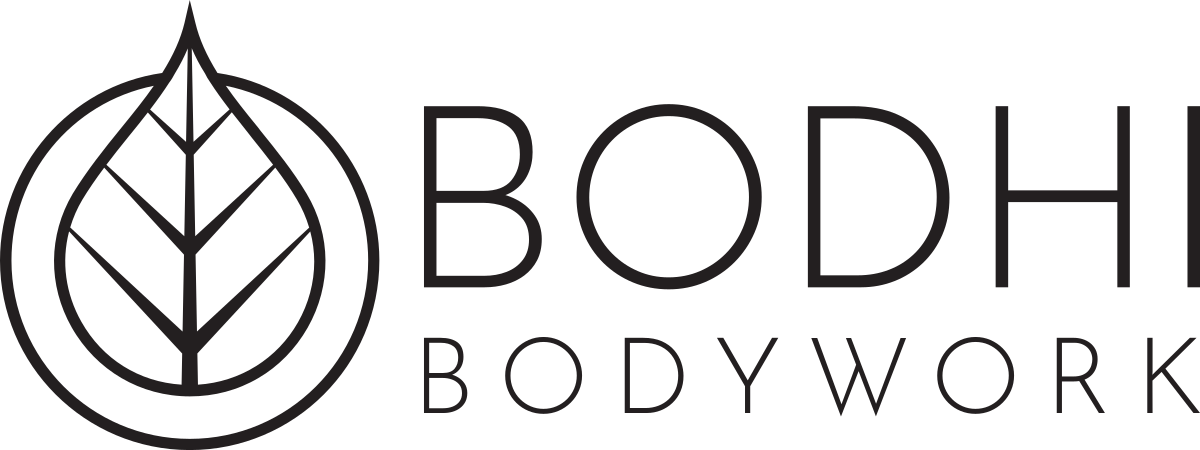Insomnia is a common sleep disorder that affects millions of people worldwide. It can cause a range of symptoms, including difficulty falling asleep, staying asleep, and waking up feeling rested.
Massage therapy is gaining recognition as a complementary treatment to medication and behavioral therapy for managing insomnia.
Physical Benefits
Massage therapy offers a range of physical benefits that can help to improve sleep quality and reduce symptoms of insomnia. Some critical physical benefits include:
Relaxation of Muscles
Massage can help to relax the muscles, reducing tension and promoting relaxation. This helps calm the nervous system and prepare the body for sleep, making falling asleep and staying asleep easier.
Reduction of Stress
Stress can be a significant contributor to insomnia. Massage therapy can help to reduce stress levels by promoting relaxation and reducing physical tension. The gentle touch of a massage therapist can also help to calm the nervous system, which can reduce symptoms of insomnia.
Improved Circulation
Massage therapy helps improve circulation by bringing oxygen and nutrients to the tissues, therefore promoting the removal of waste products. This can help reduce pain and promote better sleep, making it an effective treatment for insomnia.
Mental Benefits
In addition to the physical benefits, massage therapy offers a range of mental benefits that help reduce symptoms of insomnia. Some key mental benefits include:
Reduction of Anxiety and Depression
Anxiety and depression can both contribute to insomnia, and massage therapy has been shown to help reduce symptoms of anxiety and depression. By reducing levels of the stress hormone cortisol and increasing levels of feel-good hormones like serotonin and dopamine, massage therapy can help to promote feelings of calm and improve sleep quality.
Improved Mood
Massage therapy can help to improve mood, reduce feelings of stress, anxiety, and depression, and promote a sense of well-being. This can further help to prepare the mind for sleep and improve sleep quality, making it an effective treatment for insomnia.
Best Types of Massage for Insomnia
There are several types of massage that are particularly effective for reducing symptoms of insomnia, including:
- Swedish Massage: a gentle form of massage that uses long strokes, kneading, friction, and other techniques over the entire body so that the muscles can relax. Reducing physical tension can promote a sense of calm and as a result will help to improve sleep quality and duration.
- Aromatherapy Massage: essential oils are added to promote physical and emotional well-being. Some essential oils, such as lavender and chamomile, have a calming effect that can help to promote relaxation and reduce feelings of stress and anxiety. Inhaling these scents or using them in massage can help to improve sleep quality and duration
- Thai Massage: a unique blend of acupressure, assisted yoga postures, and stretching techniques are used to promote relaxation and stress relief. The therapist uses their hands, elbows, knees, and feet to apply pressure, which helps release tension and increase circulation. This promotes a sense of calm, allowing for deeper sleep and reducing the likelihood of waking up during the night.
- Deep Tissue Massage: a type of massage that targets the body’s deep tissues, such as the muscles and connective tissues. It uses slower and more forceful strokes along with focused pressure to relieve tension and help break up knots in the muscle. This technique also helps to relieve pain, therefore making it particularly beneficial for people with insomnia.
Massage therapy can be a powerful tool for managing insomnia. It offers physical and mental benefits that help to reduce symptoms and improve sleep quality. Whether you choose Swedish massage, aromatherapy massage, Thai massage, or deep tissue massage, the right type of massage can help reduce stress, promote relaxation, and improve your sleep.

